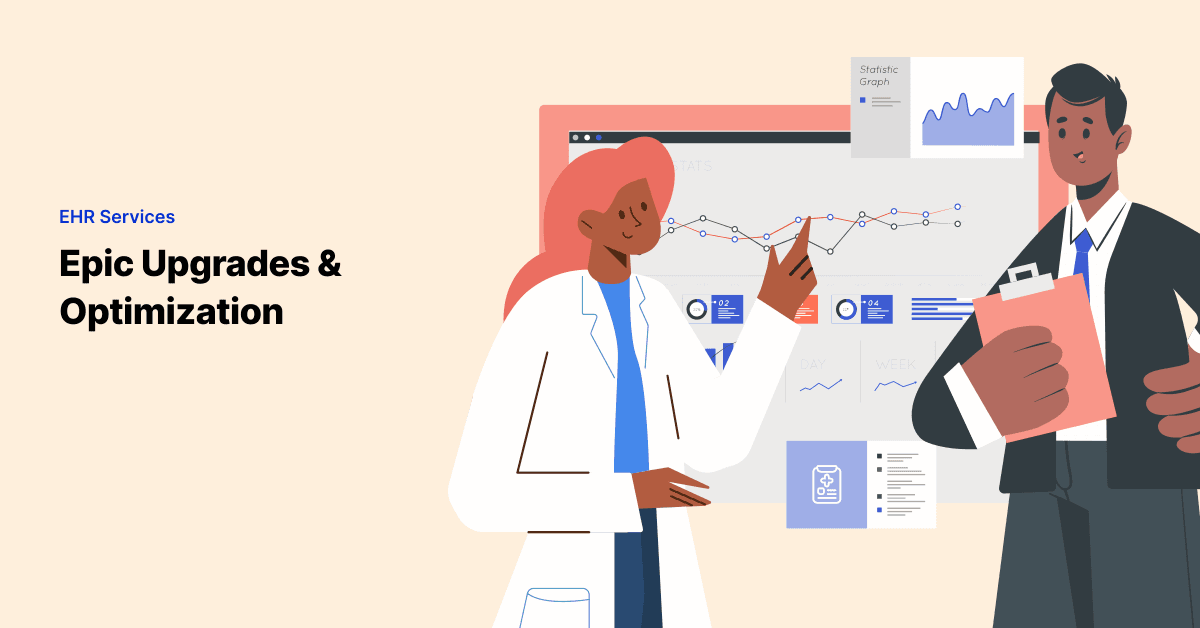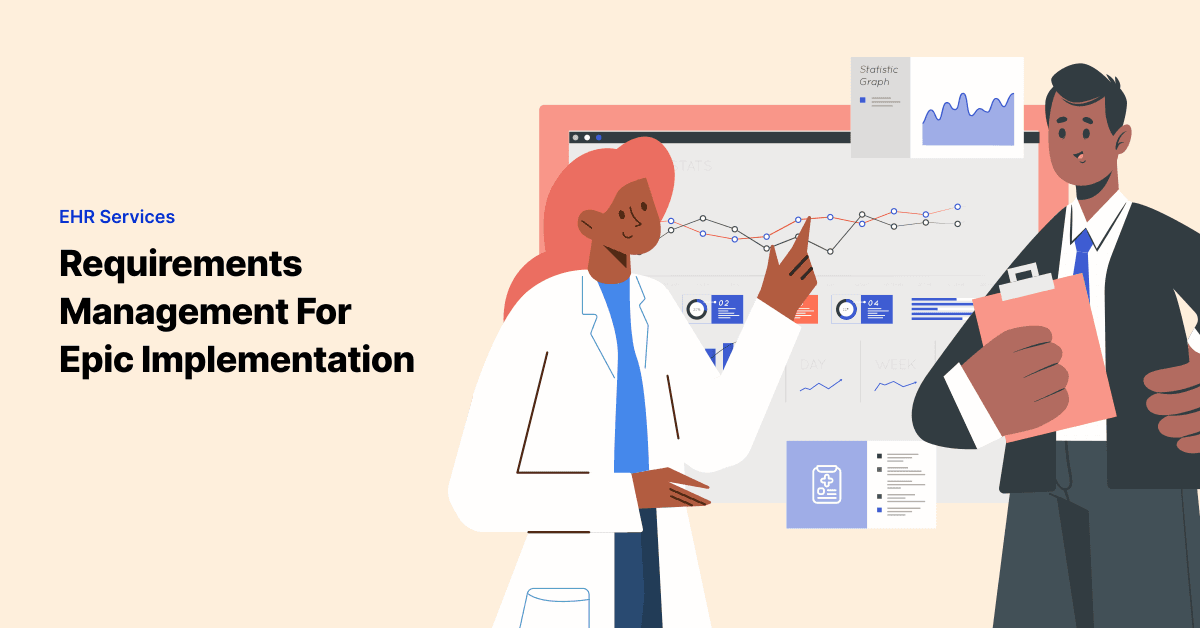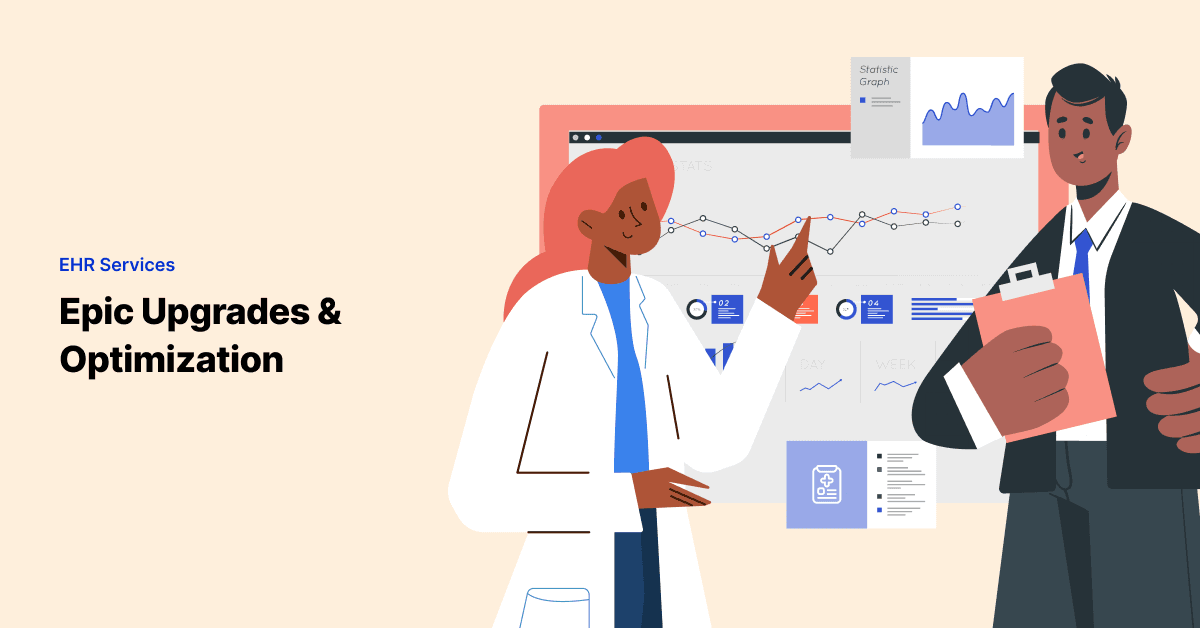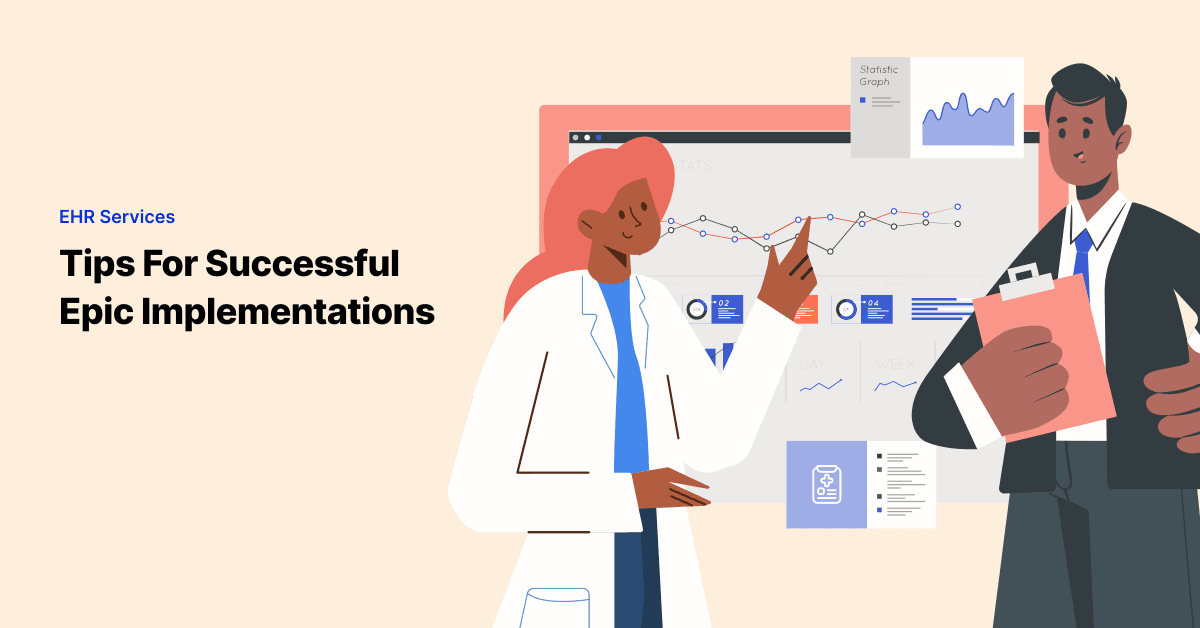
EHR Implementation and Optimization Projects – Perfect Opportunities to Fix Your Processes
When you buy a new car, do you ask the dealer to make sure it has all the problems your old car had?
Sadly, …

Despite the tech savviness of most hospital IT departments, one of the challenges that comes when implementing Epic EHR is that there may not be the right resources wearing the right hats (so to speak), to get the job done. We have met many impressive technical resources who are employed by health systems implementing Epic, but knowing how to code and set up a solid network doesn’t equate to having the full skill set to ensure success for the project. A vital aspect of success and user adoption is collecting and documenting comprehensive requirements, not only of the technology itself, but also for supporting clinical workflows and operational needs. Every hospital is different, so grasping the unique requirements for EHR implementation is non-negotiable.
There are undoubtedly reasons for why a health system decides to undertake the complex task of implementing Epic into their care facilities. If those needs and reasons aren’t well communicated, it’s possible that the modules and features required to support that end could be lost in translation. It’s not uncommon that certain aspects of an EHR are favored during the sales process for driving ROI and positively impacting care, but if those very elements aren’t turned into formal functional or technical requirements, they could simply get skipped. “Where is that dashboard we were promised,” the COO wants to know. Well, if you don’t put that on the project roadmap to build, it may not get done. And try explaining that to a fuming executive board who just footed the bill for the project.
Maintaining a JIRA project with stories for every requirement is great, but no need for a sophisticated tool to create potential barriers if the Epic implementation Project Manager can leverage spreadsheets or even a running document to ensure that someone takes a need and runs with it to the point of formal requirements (or story creation). This is where understanding the operational requirements and technical requirements may well require two (or more) distinct resources, but that the value of each are immeasurable to the overall success of the project.
While no one in their right mind would suggest surveying an entire floor of clinicians to gather their list of needs, it is nevertheless wise for Epic Implementation Project Teams to include the actual end users (physicians, nurses, ancillary providers, support staff) in workflow assessments and requirements development. We’ve seen it time and again where hospitals will roll out new technology that fails to take into consideration how clinical staff actually work. And while a new EHR can be an opportunity to instigate change for the better and more efficient, it’s often more tone deafness to the actual day-to-day operations of busy clinicians that comes with a new solution. Remember: change is hard, so make the effort worth the payoff.
Survey the Help Desk and IT Department when developing requirements for the Epic implementation. What are the pain points they hear most? Which workflow seems to stump end users the most? Which feature/function are they desperate to add (or eliminate)? All of these insights help drive buy-in and encourage Epic adoption when you’re actually building a solution rooted in real needs, formalized into requirements that come to fruition.
Don’t leave requirements management on the back burner as a project nice-to-have. Elevating this role and task to a central figure of the project is a great way to set up the team for delivering a solution that gets used and praised! Treat the requirements as your compass, and implementing Epic becomes smooth sailing.
Join over 3,200 subscribers and keep up-to-date with the latest innovations & best practices in Healthcare IT.

When you buy a new car, do you ask the dealer to make sure it has all the problems your old car had?
Sadly, …

Congrats, you’ve successfully deployed your Epic instance and are humming along! There’s no lingering legacy …

To successfully implement Epic into hospitals and health systems, there are thousands of hours of work …